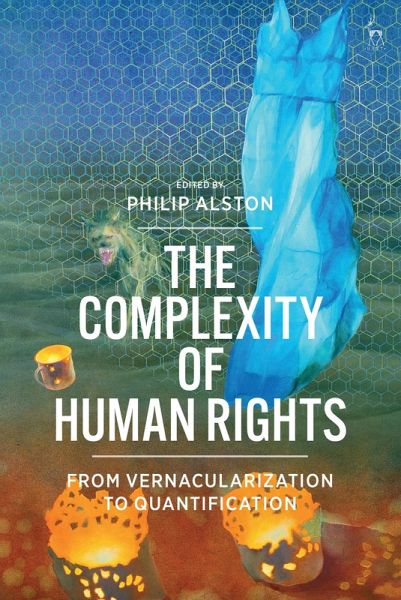
The Complexity of Human Rights (eBook, PDF)
From Vernacularization to Quantification
Redaktion: Alston, Philip
Versandkostenfrei!
Sofort per Download lieferbar
21,95 €
inkl. MwSt.
Weitere Ausgaben:

PAYBACK Punkte
11 °P sammeln!
This book provides the first systematic assessment from a human rights law perspective of the landmark contributions of the renowned legal anthropologist, Sally Engle Merry. What impact does over-simplification have on human rights debates? The understandable tendency to present them as a single, universal, and immutable concept ignores their complexity and by extension only serves to weaken them. Merry and her colleagues transformed human rights thinking by highlighting the process of 'vernacularization', which sees rights discourse as being unavoidably dependent upon translation and interpre...
This book provides the first systematic assessment from a human rights law perspective of the landmark contributions of the renowned legal anthropologist, Sally Engle Merry. What impact does over-simplification have on human rights debates? The understandable tendency to present them as a single, universal, and immutable concept ignores their complexity and by extension only serves to weaken them. Merry and her colleagues transformed human rights thinking by highlighting the process of 'vernacularization', which sees rights discourse as being unavoidably dependent upon translation and interpretation. She also warned of the pitfalls of excessive reliance upon statistical and other indicators, through the process of quantification. Here the leading voices in the field assess the significance of these contributions.













